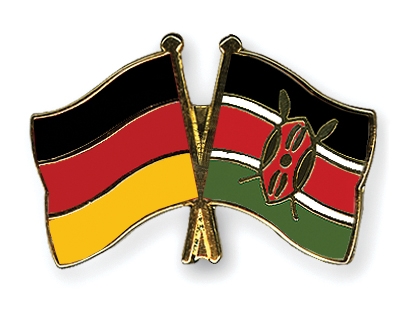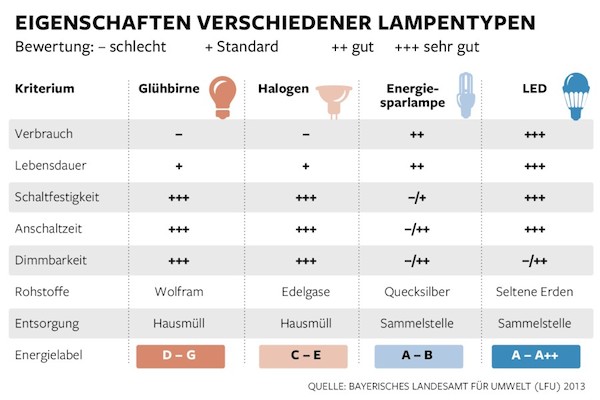After the wedding is done, the couple is back from their honeymoon and the gifts have been unwrapped, it’s usually time to look at the finances. Although most marriages are based on love, finances still play a critical role on how well couples live after the wedding.
Good news is, in Germany, married couples can save a pretty penny on joint insurances, pensions and a combination of tax regimes. FOCUS Online outlines 8 important aspects of balancing finances, and handling insurance matters.
- Choosing the right tax bracket
Working couples can choose from three tax bracket combinations, this will determine how much monthly income tax is deducted, and what can be saved.
- Tax Class III and V – usually for those with a huge difference in salaries. The higher the tax bracket, the higher the taxes you pay. Most couples will choose to have the spouse with a lower income taking the higher tax bracket, this ensures a higher net income for the family at the end of the month. Most of this can still be recovered by the annual tax declaration.
- Tax Class IV / IV – Applies if both partners earn the same/similar amount
- Tax Class IV / IV mit Faktor – This new tax class combination offered since 2010, offers a standardized tax calculation. You should however only take this option if you do your annual tax declaration, as you might need to pay extra at the end of the year. This also includes the Ehegattensplitting and the Freibeträge during the monthly tax deduction instead of the usual waiting until the tax declaration (Steuererklärung)
If you are to have children, it is important to change the tax bracket at least seven months before the birth of your child. This is because of the Elterngeld (Parental Benefit); the parent that plans to take the longest parental leave should change to the tax class III.
- The tax split – Ehegattensplitting
Splitting of the tax between partners will help compensate for different income distributions, and related taxes. This is particularly beneficial, when one partner earns considerably more than the other. This ensures that the spouse earning less doesn’t end up being taxed too much.
Once the couple gets married, the tax benefits begin within the same year of the marriage, even if the wedding takes place on 31st of December at the official registry (Standesamt).
- Investment allowance (Freibetrag für Kapitalerträge)
Every tax payer gets a non taxable allowance of 801 euros for all the profits they make from their investments e.g. dividends from shares or interest from unit funds or savings account. For a couple, this becomes 1602 euros total. Couples have the advantage of being able to choose how to split this interest. They can each use their 801 euros, use the total 1602 euros together or one spouse transfers the amount they don’t exhaust to the other.
- Dependants and heirs
Spouse give each other up to 500,000 euros tax free, partners who are not married can only give 20,000 euros tax free. This option also applies in case of inheritance.
- Real estate transfer tax (Grunderwerbsteuer)
Married couples are excluded from real estate transfer tax, when they transfer property ownership.
- Managing family income
Having a joint account or continuing to manage separate accounts after marriage is a personal decision that each couple has to decide on their own. It is however advisable for couples that both work, that they continue to manage separate accounts for their pay cheque. For utility bills, rent and holidays you can opt for a joint household account
When opening a joint account, it is important to differentiate between the Und (And) account from the Oder (Or) account. The Oder account is very flexible and allows each of the partners to run transactions whenever they feel like, this however poses the risk that the other partner may end up having to pay for loans they knew nothing about. The Und account, requires both partners to agree to each transaction before it is effected.
- Insurance policies
When it comes to choosing an insurance policy, the couple should consider optimizing the policies and if possible getting a new contract that will help them save.
Health Insurance: If a partner is eligible for statutory health insurance, it is possible for his or her spouse and children (up to the age of 18 or 25 if they are at Uni or Ausbildung) to benefit from the same policy, without additional costs. This does not apply to those on mini or midi-jobs i.e. at 450-euro basis.
Auto Insurance: For your car insurance (KFZ-Hapftlichtversicherung), it is usually cheaper for couples to use one policy. In most cases, the insurance offers a discount for a second car that is registered under their current client. The couple can compare their providers and choose the one with the best discount, the partner registered with them, will simply have to register both cars under their name. This also applies to when your children get a car, right after getting their driving licence.
Spouses should also re-evaluate insurance contracts to take care of details such; survivor protection and care in case a spouse cannot take care of themselves due to an illness, accidents or other unanticipated courses. The couple should also consider getting protection against child disability or natural hazards.
- Old age pensions
In terms of retirement, there are advantages in the state-subsidized Riesterrent for spouses. Although self-employed or unemployed housewives and husbands do not have to pay for the statutory pension, they automatically get cover once their spouse pays for it. Married couples are better protected against poverty in old age, compared to unmarried ones.
In the case of death of a spouse, the statutory pension scheme compensates the surviving partner 25 or 60 percent of what was entitled to the spouse, this is the so called; Witwenrente.











